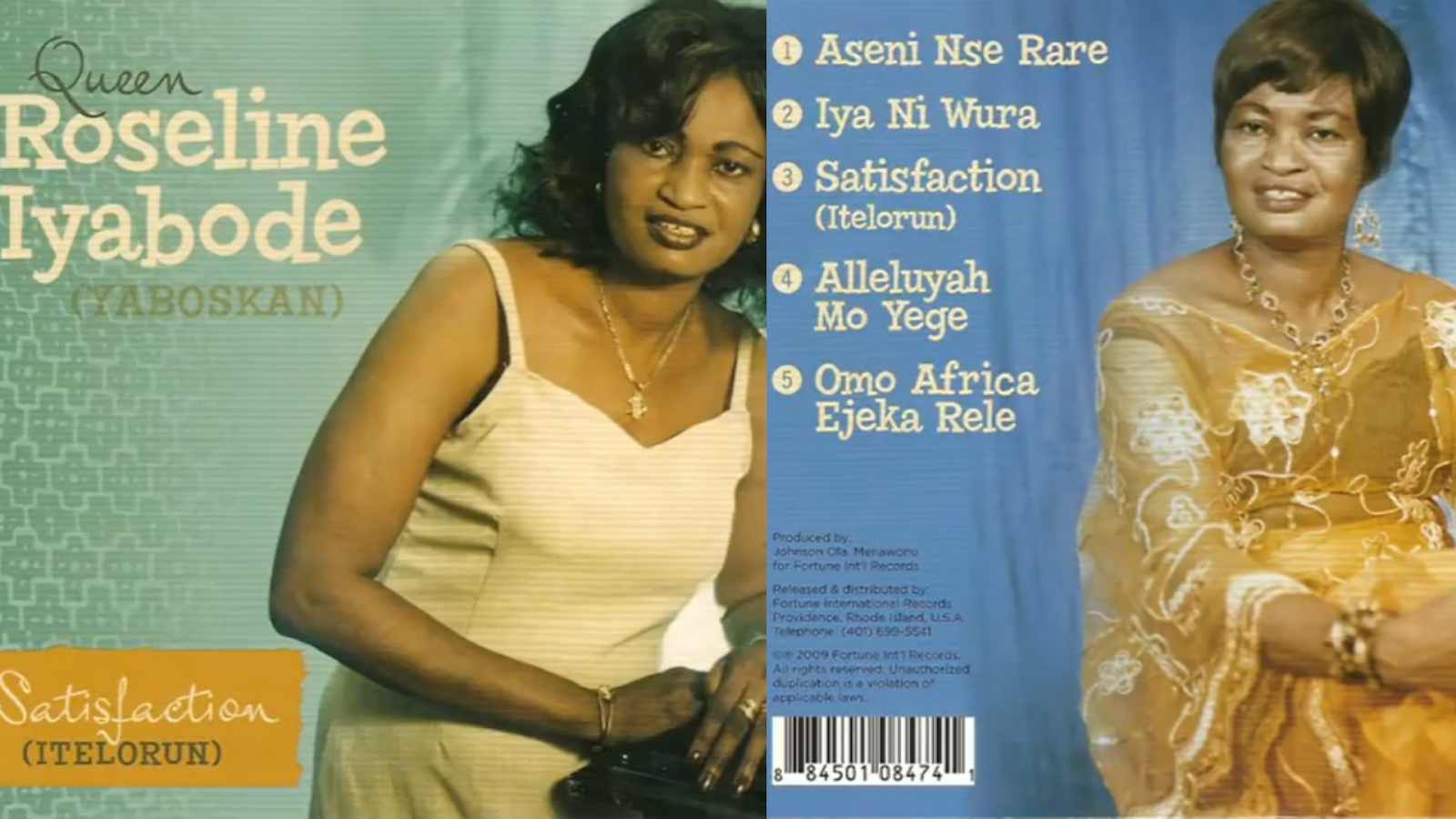Nigerian Music: A Look at Sexuality Among Female Artists
In addition to showcasing the luxurious lifestyles common among celebrities—such as lavish vehicles and extravagant parties—sex and relationships are central themes in modern Nigerian music.
Male artists have become experts in expressing a wide range of sexual themes in their songs. For example, Victony passionately tells his lover in his hit song, Risk, about intimate moments that transcend typical experiences.
Social media has seen a surge of campaigns encouraging women to explore and openly express their sexuality in a fearless and modern way.
However, this boldness in expressing sexuality does not resonate as much in the music of leading female artists. While some, like Niniola, have ventured into themes of sexual empowerment, they remain on the fringes of the industry.

The era of Omotoyosi Janet “Saint Janet” Ajilore in the 2010s stands out for many who were privy to this cultural wave in Southwest Nigeria. Her music, often mistaken for gospel based on her name, and her harmonious voice, actually dives deep into provocative themes, revealing the sexual narratives that were previously sidelined.
While some might compare her style to that of Rosaline “Yaboskan” Iyabode, a pioneer female artist, few of Yaboskan’s songs are easily accessible today, but her influence on the genre remains noted.

The Nigerian discourse on sexuality is often limited and tends to adhere strictly to traditional views surrounding marriage and gender roles. Any deviation from these norms is usually met with criticism, labeling individuals as immoral or inappropriate. Yet, Saint Janet’s music opens the door to discussions about sexual topics, regardless of societal constraints.
Her fan base, dubbed St. Bottles Cathedral, eagerly embraces her music, which fuses various genres—including Juju, Fuji, and gospel—with explicit and entertaining themes. Starting her performances with hymns, she captivates her audience before delving into more risqué lyrics, showcasing a blend of spirituality and sensuality.
https://www.youtube.com/watch?v=53Zx34FMoKE[/embed>
Her name, born from her serene personality in her earlier days as a choir member, has evolved into a symbol of sexual freedom through her catchy and often explicit songs. She employs humor to navigate themes of sexuality, humorously referencing cultural taboos and role reversals through her lyrics.
Despite her rising fame, Saint Janet’s explicit themes led to a ban from the Music Advertising Association of Nigeria after the release of her “Faaji Series” live album, which limited her performances to live shows only. Critics note this double standard in a culture that often celebrates male artists for their provocative content.
https://www.youtube.com/watch?v=m2YJImzoFmo[/embed>
Contemporary artists like Ayra Starr and Tems are often presented as examples of modern femininity, yet their works do not carry the same weight of sexual engagement that Saint Janet’s music does. Her approach is one of unapologetic exploration of sexuality that is more representative of the freedom women in music could embody.
Chiamaka Dike, a features editor at Marie-Claire Nigeria, emphasizes that the current hypersexual branding in the industry pressures female artists to conform to objectifying representations. She points out the societal constraints that prevent women from fully expressing their sexual lives as part of their artistic identities.
Saint Janet’s unapologetic approach to discussing sex in her music calls attention to a broader issue of gender and artistic expression. In her own words, she questions why women are often relegated to mere objects of male desire in music videos, arguing that her work represents a fight for female agency in a heavily male-dominated industry.



Comment